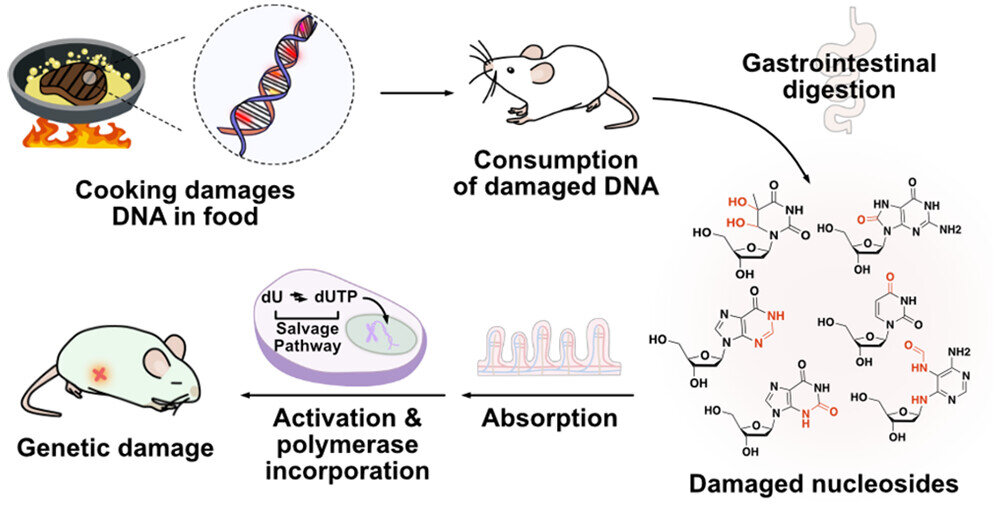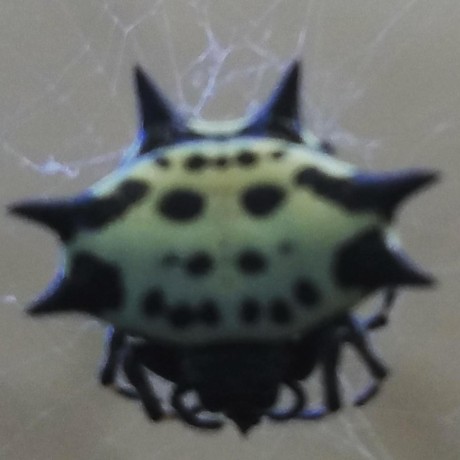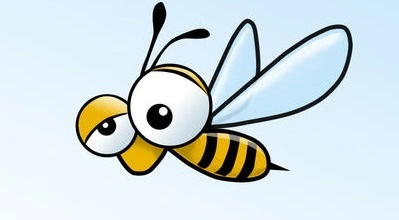deleted by creator
Damn I eat meat almost everyday. I guess I should start a vegetarian diet .-.
Or just reduce your meat consumption. Daily sounds like a lot. I love meat but I don’t think I usually have it more than 2-3 times a week.
deleted by creator
Seems potatos were less a risk cooked at high temperatures. more reason to be vegan for me! lol. Also, if you want to eat a raw food diet (not me) - much safer to keep it vegan and not eat raw meat lol. I dont agree that everyone can easily meet a balanced diet eating nothing but raw foods. I need beans! you’ll never take my beans away from me
deleted by creator
So maybe eat more cold potato salads? I think I can make that sacrifice, for my health of course. Thank you!
“eyebrow raising” indeed. Makes me think of the following questions:
- Why is the amount of DNA in plants so much lower than in animal tissue? Is this because plant cells are larger? (some plants like wheat have very large genomes, I wonder how that affects it too)
- Are cells lining the intestine replaced frequently? and which population of stem cells do they come from? this would reduce the affect, but I suppose, not eliminate it. If a mutation still occurred in a checkpoint gene, could that cell still become cancerous, even if it is terminally differentiated?
thanks for posting
> > Why is the amount of DNA in plants so much lower than in animal tissue? Is this because plant cells are larger? (some plants like wheat have very large genomes, I wonder how that affects it too)
They are quoting the DNA concentration in g per kg of dry matter.
Plant cells have cell walls of cellulose, hemicellulose and pectin, which adds some dry weight that is absent in animals.
In addition, these seeds and tubers etc. we eat tend to be energy storage organs with a whole bunch of starch vs. not very much regular cell mass. It would be the same way if you ground up bone tissue and measured the DNA concentration.
Are cells lining the intestine replaced frequently? and which population of stem cells do they come from?
Yes, very frequently. There are stem cells in the crypts between villi of the duodenum, for example.
Thanks for the detailed points and clarification :)
A few things that caught my attention:
- Heat damaged meat had more damaged DNA than a heat damaged vegetable.
- Lab grown meat really soaked up the damaged DNA from meat/veggies
The article does reinforce the commonsense that being a vegetarian is healthier for you than eating meat… But eating fried veggies still absorbs that damaged DNA into your system.
I think you misunderstood the article. About your points:
1 - “…potatoes, for instance, incurred less DNA damage at higher temperatures than meat for unknown reasons.”
It’s only at higher temperatures, and they only tried two kinds of meat and one veggie (potatoes).
2 - It doesn’t talk about lab-grown meat at all. It mentions lab-grown cells, which are
probably bacteriavarious types of human cells that they exposed to the heat-damaged DNA, and they absorbed the damaged DNA. (thanks @[email protected] for the correction)Also I don’t see how “being a vegetarian is healthier” is commonsense, but that’s besides the point. The article doesn’t reinforce any of that. It just says that:The study does reference another study about how low meat consumption can lead to less cancer. And they say this would support their findings of less damaged DNA in plant material, therefore causing less genetic damage.
In summary (see @[email protected]’s comment here for a much better one):
a) Food gets DNA damage when heated up (even boiling).
b) That DNA damage can be absorbed by lab-grown cells and also by mice
c) They speculate cancer and genetic diseases are more probable because of the damaged DNA.
They have a very small food sample size, and didn’t try many methods of cooking (they admit all of this). Which is to say: they have no idea yet how this impacts people, if at all.
How high is too high? Didn’t early humans unlock the next tier by basically burning meat?
deleted by creator
Would I be correct in assuming that milk and yogurt wouldn’t be affected by this?
deleted by creator








